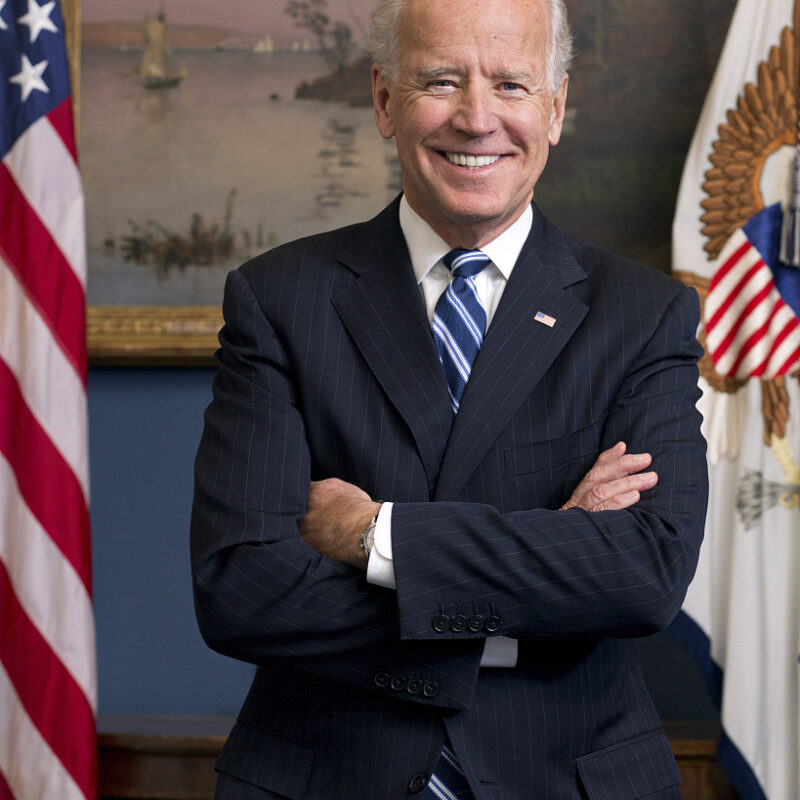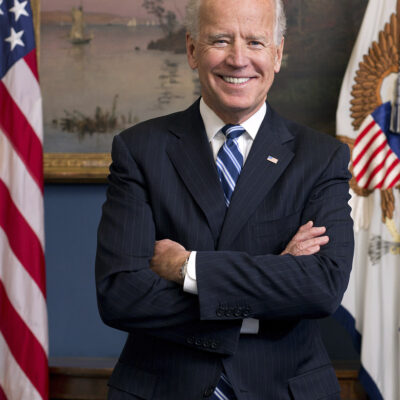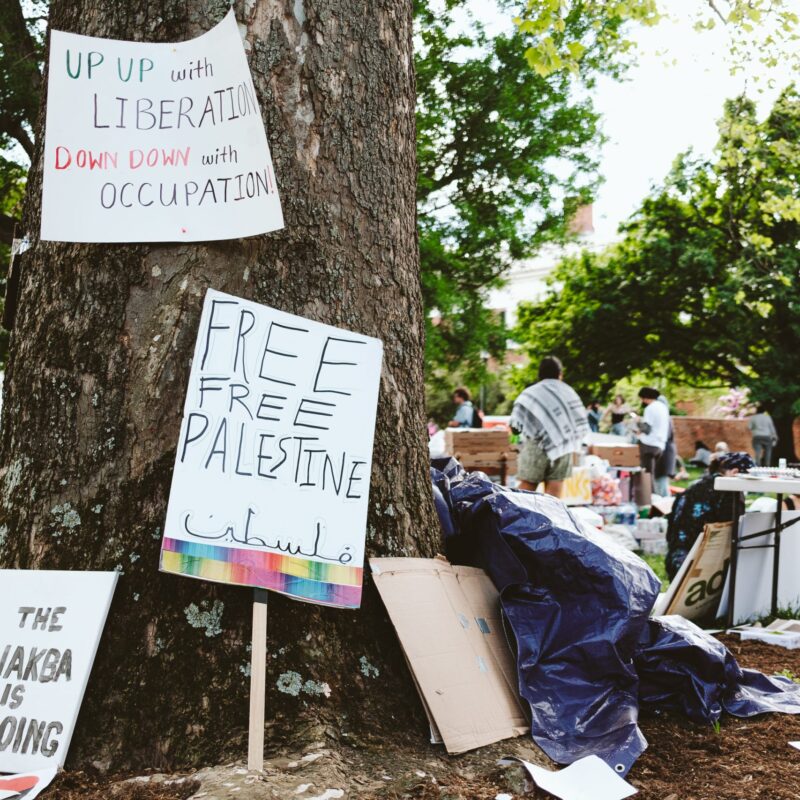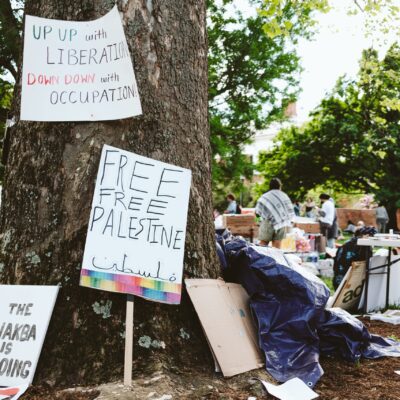At Westminster Presbyterian Church on Rugby Road, a crowd of several hundred—including University faculty, administrators, students and Congressman Tom Perriello —paid tribute to one of UVA’s most beloved figures. Dean of Admissions John Blackburn —known as Jack—lost his battle against cancer on Tuesday, January 20. He was 67. Even the additional church hall, set up with a big screen and speakers, was overflowing with mourners.
Blackburn was the University’s longest-serving admissions dean, having held the position since 1985. UVA President John Casteen, then dean of admissions, hired Blackburn in 1979 as associate dean.
|
Jack Blackburn, who spent 24 years as admissions dean, passed away January 20. |
Blackburn will be remembered as an avid advocate for increased diversity at UVA, says Gregory Roberts, senior associate dean of admission. “Professionally, he is really one of the legends in this field,” he says. “He is considered a trailblazer when it comes to the important issues of the day, which are diversity and equity and affordability, and his impact can be felt far beyond the University.”
In February 2008, Blackburn was diagnosed with cancer. For the first few months, he was as actively and physically involved in the daily activities of his position as he always had been. In the later months of the year, says Roberts, his health began deteriorating. “He is a very brave guy,” says Roberts. “He loved this place and loved what he did and he was sad when he couldn’t come in as much as he thought he could.”
Blackburn was a graduate of Western Maryland College and a lieutenant with U.S. Army ROTC commission. Thanks to the GI Bill, Blackburn went back to college and earned a master’s degree from Indiana University in 1968.
“He was deeply committed to his profession as Dean of Admissions, negotiating a huge and often controversial landscape of desires, and disappointments,” wrote UVA Dean of the School of Architecture Karen Van Lengen in an e-mail to faculty.
Ed Ayers, president of the University of Richmond and former dean of the School of Arts and Sciences at UVA, says that Blackburn’s legacy will be his “sense of authenticity” and service to students. He worked with Blackburn for 20 years, often traveling together to recruiting events.
“The great discovery for me is that Jack was the same all the way through,” Ayers says. “The same person you’d see on stage being so charming and representing the University so beautifully was the same person behind the scenes.”
Among some of Blackburn’s hard-fought victories, two are most notable: the creation of AccessUVA, one of the most aggressive financial aid programs in the country, and the elimination of early-decision admissions, which gave more affluent students an admissions advantage over students who needed to know their financial aid packages. “He felt that the University was a great treasure that should be shared equally,” says Ayers.
For these efforts, Blackburn was awarded the Thomas Jefferson Award last October, the highest honor bestowed upon members of the University community.
A week before his death, friends and colleagues donated more than $1.5 million in a scholarship fund to honor Blackburn.
Roberts says that the admission process, unfortunately, has to move on. “We anticipated his absence,” he says. “It’s unfortunate and sad, but we have compensated by bringing some other people for some additional application reading, and we should be absolutely fine and everything should be done by April 1.”
Blackburn left the office with a lot of work: 21,511 students applied this year, a UVA record and 16 percent more than last year.
C-VILLE welcomes news tips from readers. Send them to news@c-ville.com.






